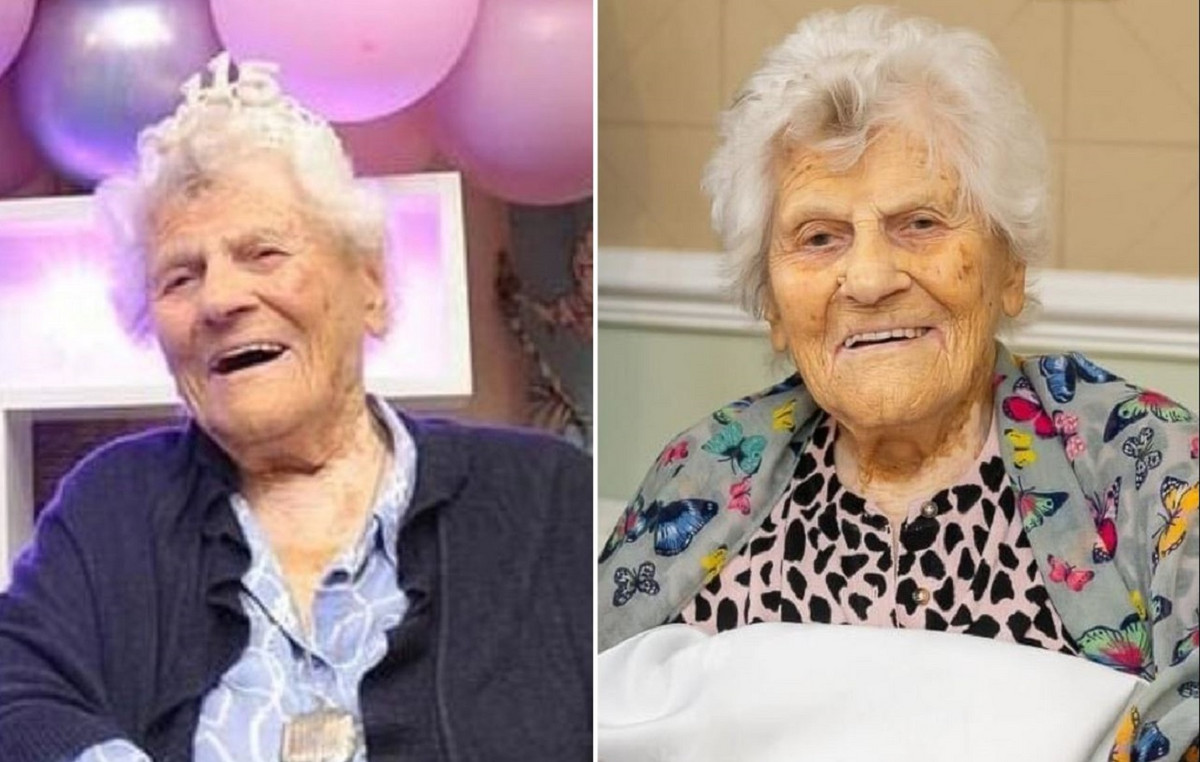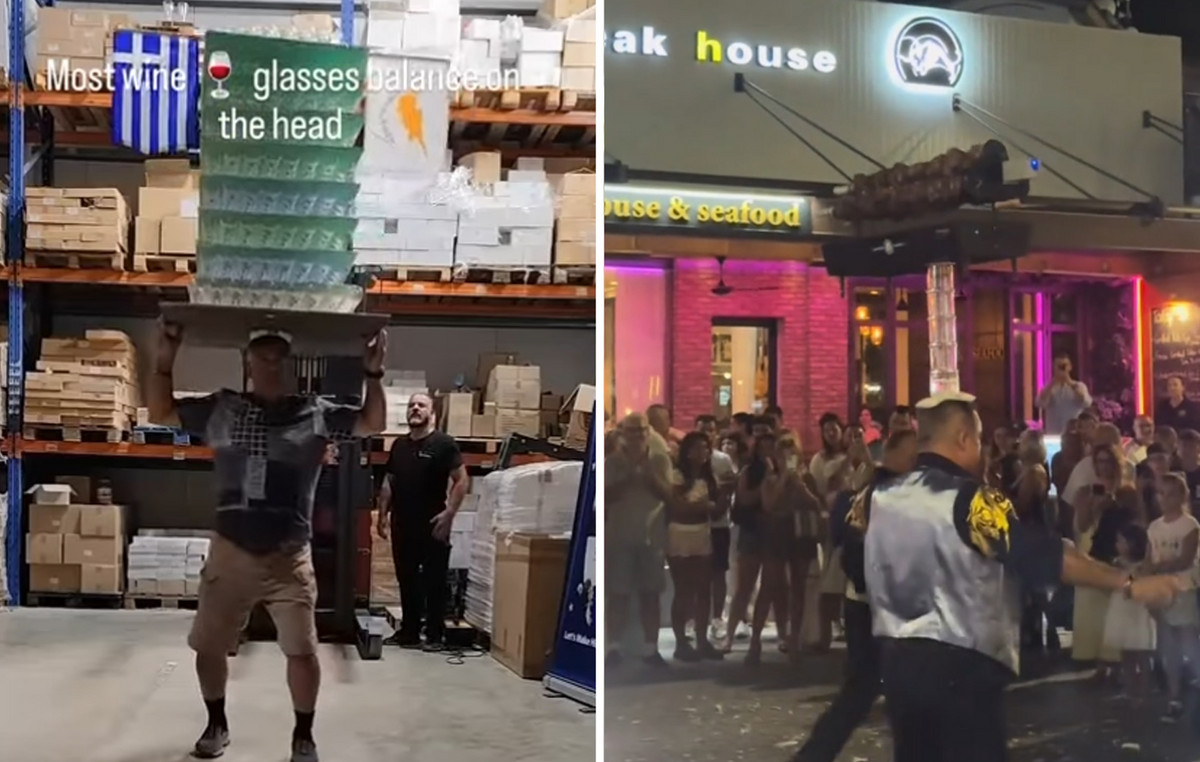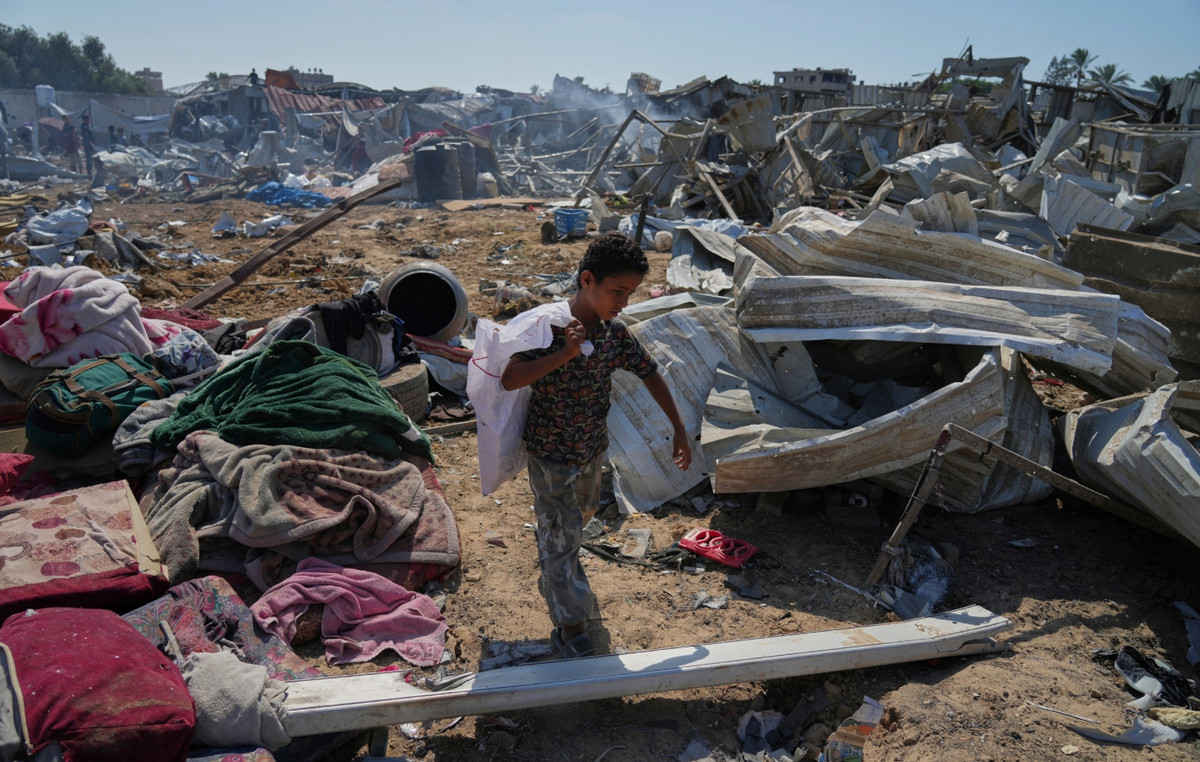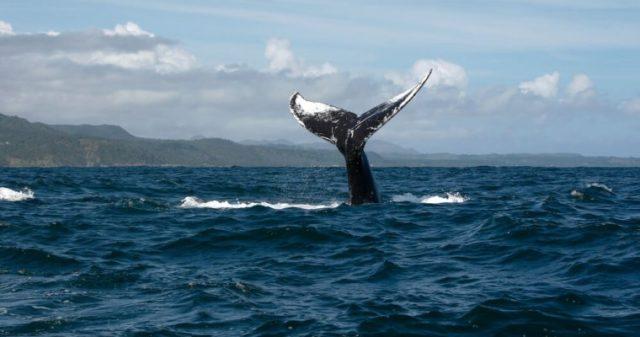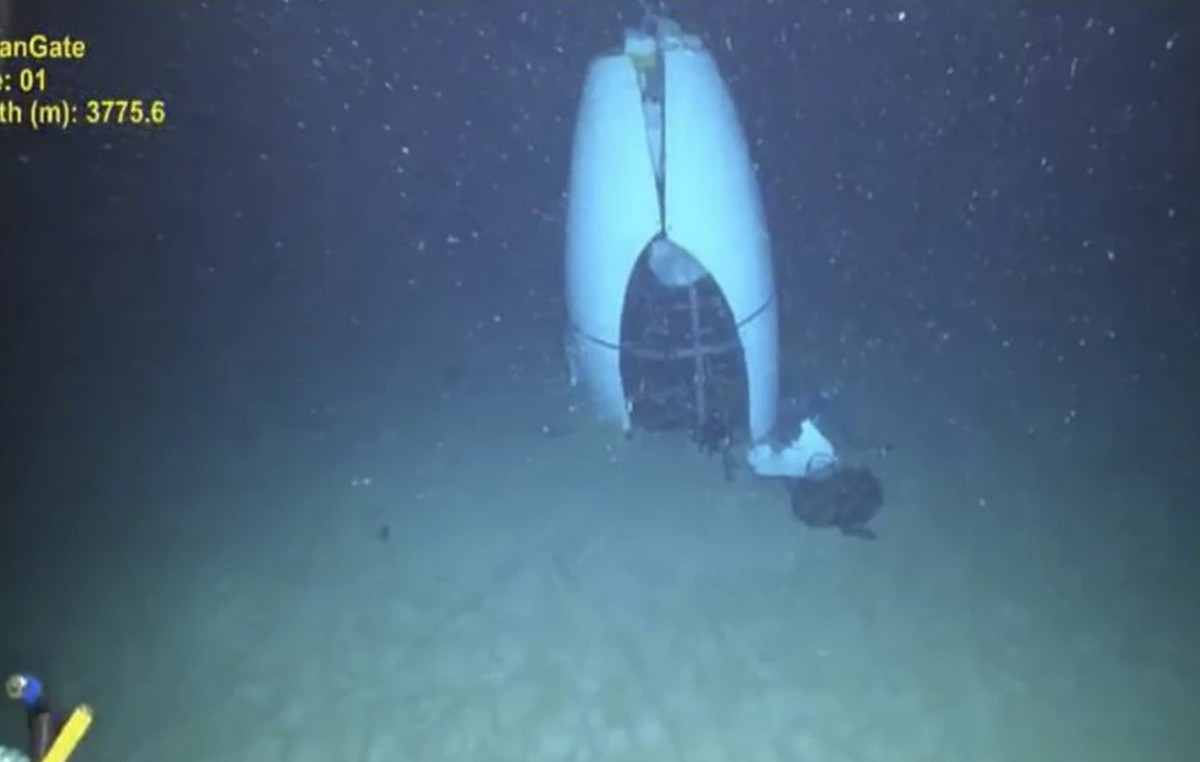A National Health Surveillance Agency (Anvisa) authorized, this week, the use of Pfizer’s vaccine against Covid-19 in children aged 5 to 11 years in Brazil. The decision is the result of a technical evaluation of the request submitted by the pharmaceutical in November. The dosage of the vaccine for this age group will be adjusted and lower than that used by people over 12 years old.
According to Anvisa, the authorization was granted after the study by the technical team of the agency of data on safety, efficacy and ability to induce an immune response from the application of the immunizing agent in this age group.
For the definition, Anvisa relied on expert advice from the Brazilian Association of Public Health (Abrasco), the Brazilian Society of Pulmonology and Phthisiology (SBPT), the Brazilian Society of Infectious Diseases (SBI), the Brazilian Society of Immunology (SBI) and the Brazilian Society of Pediatrics (SBP).
Ministry of Health carries out public consultation
The start of vaccination of children aged 5 to 11 years in Brazil depends on the schedule and logistics of the Ministry of Health. This Saturday (18th), minister Marcelo Queiroga detailed the next steps to be followed for the inclusion of the age group in the immunization campaign.
According to the minister, the assessment will be submitted to the Technical Advisory Chamber on Immunizations (CTAI) of the Ministry of Health. Next Wednesday (22), a public consultation will be opened, which will be available until January 2, 2022.
With the conclusion of the consultation, the contributions presented will be subject to a public hearing on January 4th, and the following day, the Ministry will announce the decision.
Specialists clarify doubts
To clarify the main doubts about the vaccination against Covid-19 of children from 5 to 11 years old in the country, the CNN interviewed doctors Esper Kallás, Ludhmila Hajjar and Roberto Kalil Filho.
“We are facing a scenario in which we already have enough scientific studies to demonstrate the safety and efficacy of vaccinating the pediatric population. We already have the opinion of Anvisa and I think that now we are only facing the operationalization of this for the coming weeks and months”, said cardiologist Ludhmila Hajjar, professor at the Faculty of Medicine of the University of São Paulo (USP) and head of the Covid ICU. 19 of the Hospital das Clínicas.
For infectologist Esper Kallás, a professor at the USP School of Medicine, the emergence and dissemination of the Ômicron variant of the new coronavirus around the world is one of the factors that indicate the need to accelerate vaccination.
“We are not facing a situation that we can sit down and analyze the implementation of a policy like this for months on end. We have children at risk, we have the circulation of the virus on a large scale here in Brazil, unfortunately, despite the drop in the number of hospitalizations and deaths”, he said.
Cardiologist Roberto Kalil Filho, presenter of the program CNN Vital Signs and professor at the Faculty of Medicine at USP, he stressed that the capillary structure of the Single Health System (SUS) in the country will allow accelerated vaccination of the child population.
“It is necessary to speed up vaccination in children and adults. Remember that the entire population is not vaccinated yet. Brazil’s vaccination system is one of the best in the world, it is a capillary system. As long as you have the vaccines, as we do, the population is easily vaccinated”, said Kalil.
For the cardiologist, the approval of Anvisa is the necessary subsidy for the immunization of children aged 5 to 11 years, which, according to him, should be started as soon as possible. “Vaccination does not have to be delayed. The science is there, it has to be vaccinated. Any bureaucratization around this issue could lead to serious consequences”, he said.
Advances in combating the Covid-19 pandemic
The first cases of Covid-19 were detected in China in December 2019, when they were still being classified as pneumonia of unknown origin.
Chinese researchers identified that the cases were associated with a new type of coronavirus, which was isolated in the laboratory on January 7, 2020. On March 11 of that year, the World Health Organization (WHO) declared that the world was experiencing a pandemic situation by Covid-19.
In the interview given to CNN, public health experts evaluated the advances in combating the infection caused by the SARS-CoV-2 virus.
“In two years, science gave important answers in the fight against this pandemic. One of them, which is the focus of prevention and combat, is the vaccine. But we’ve learned in these two years what definitely doesn’t work,” said Ludhmila.
The specialist recalled drugs that were tested against Covid-19 and which proved ineffective after the completion of scientific studies. Among them are medicines such as chloroquine and hydroxychloroquine, ivermectin, azithromycin, in addition to zinc and vitamin D.
“Fortunately today, with two years of understanding of this pandemic, we no longer discuss this topic. This theme is the result of a past that deserves to be forgotten. Over these two years, we understand that there are treatment possibilities that help to reduce the number of deaths and hospitalizations”, he said.
The scientific community has revealed that SARS-CoV-2 is an RNA virus that replicates in individuals’ bodies. The clinical manifestations of the infection range from asymptomatic cases to more severe conditions that require hospitalization and mechanical ventilation, usually associated with inflammation.
For cardiologist Roberto Kalil, the Covid-19 pandemic highlighted the need for investments in the SUS. “The Unified Health System is brilliant. However, it is a system that has been underfunded for decades. The pandemic showed the authorities, the population and the press the importance of the SUS”, he said.
Reference: CNN Brasil

